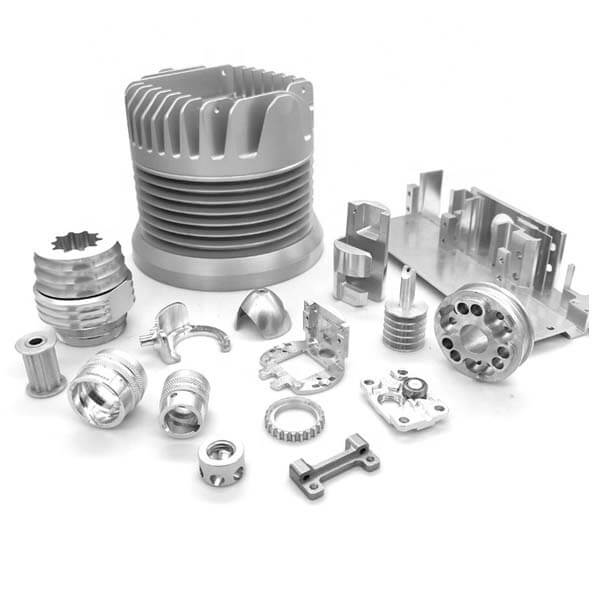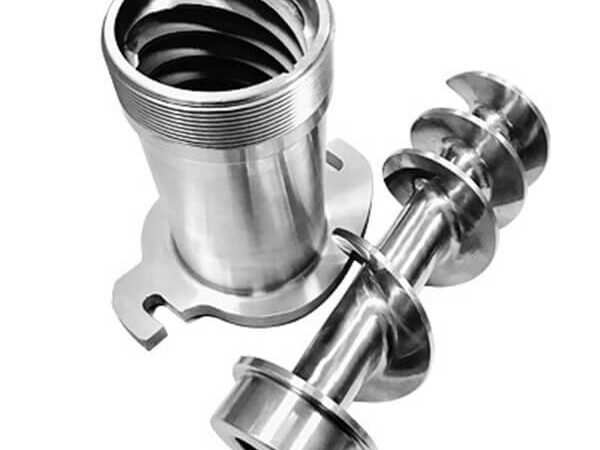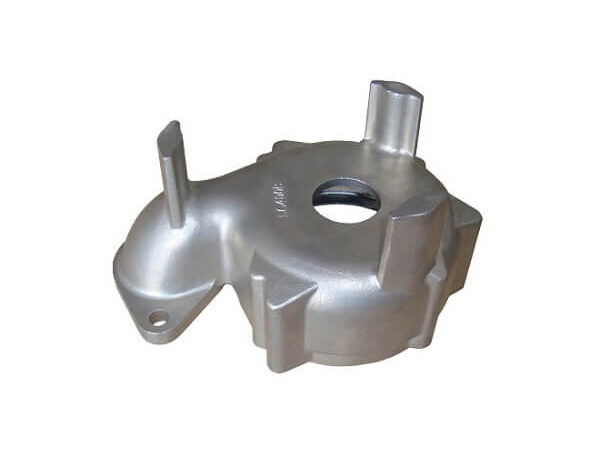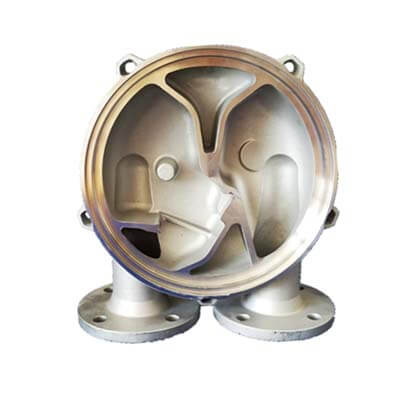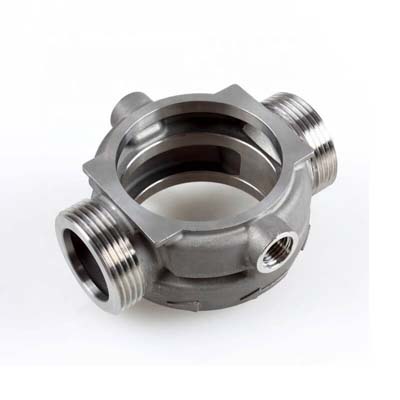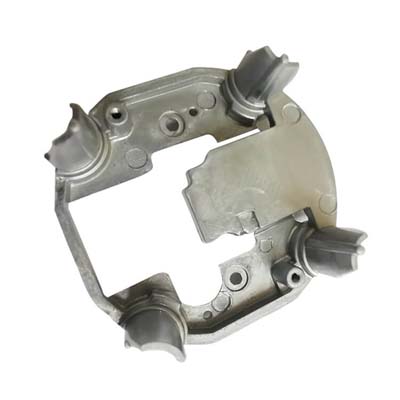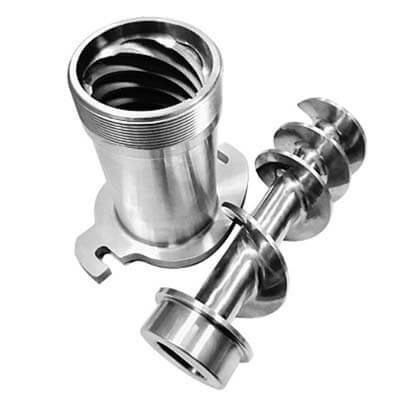High Precision OEM Brass Stainless Steel Aluminum Turning Service CNC Machining Parts
1.What are the factors that affect the dimensional accuracy of precision casting pieces?
Generally, the dimensional accuracy of precision casting parts is affected by many factors, such as casting structure, casting material, mold making, shell making, roasting and pouring, etc. Any unreasonable setting and operation of any link will change the shrinkage rate of casting, resulting in the deviation of the dimensional accuracy of casting from the requirements.
- What are the products of precision casting?
1)Aluminum casting: general aluminum casting | aluminum box body
2)Copper and aluminum casting: copper plate, copper-sleeve | precision copper casting
3)Steel castings: large steel castings | small steel castings | precision steel castings | CDL1 | CGAS | CGKD | CGKA | CGA
4)Copper aluminum casting
5)Tungsten iron
3. In what fields can precision casting products be applied?
Precision casting products are used in all industrial sectors, especially electronics, petroleum, chemical, energy, transportation, light industry, textile, pharmaceutical, medical devices, pumps, and valves.
4. What is the precision of precision casting?
Precision casting is a casting method compared with the traditional casting process. It can obtain relatively accurate shape and high casting precision. Precision casting is a finished product after casting, no other processing is required, or the amount of processing is small. It is mainly used for important and complex parts and components. Precision casting with the best dimensional accuracy can be controlled within IT8 standard tolerances.
5. What are the inspection requirements for the surface quality of precision casting parts?
1)No slag, sand, and other casting defects are allowed on the processing surface;
2)No flying burrs;
3)No scratches or bumps on the processing surface;
4)Sharp angles shall be ensured at the intersection of the grinding surface and the processing surface.
6.What are the technical requirements of precision casting parts?
1) Material requirements.The main hardness, tensile strength, elongation, impact toughness.
2) Dimensional accuracy and position accuracy. Different castings have different requirements, adopt different size and geometric tolerance standards,s and different tolerance classes.
3) Stipulate acceptance requirements for other defects of castings according to user requirements. Such as porosity, sand hole, shrinkage, shrinkage, slag, sand, crack.
4) Requirements for defect repair. Mark the quantity, material, processing precision, casting implementation standard, appearance treatment of the non-processed surface, weight, casting around corners, casting shall not have pores, sand holes, cracks, and other defects.


